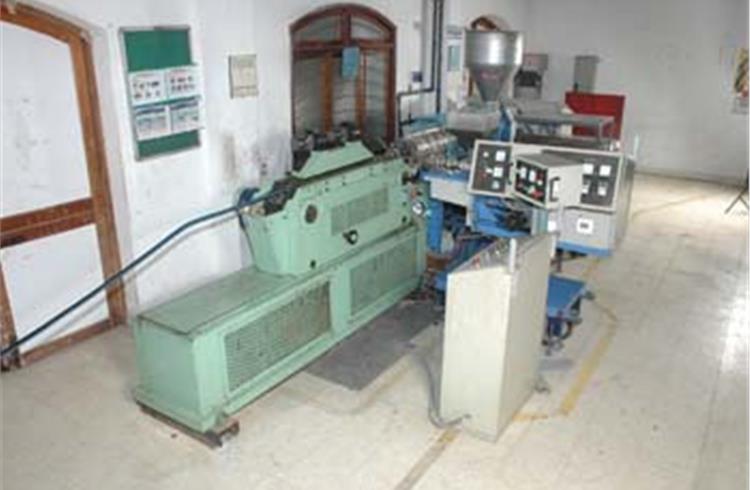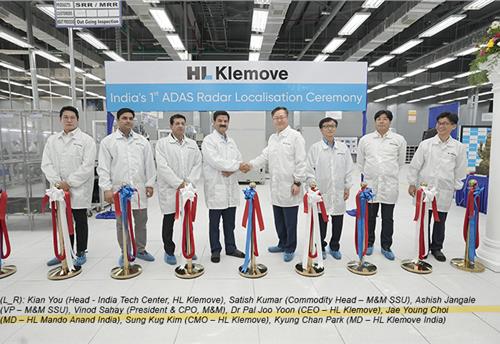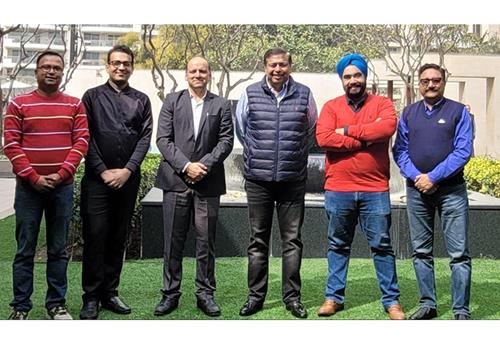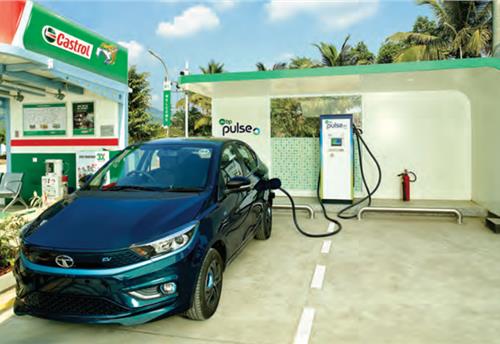Tubecraft sticks to quality mantra
The Mumbai-based corrugated flexible hose pipes manufacturer Tubecraft is gearing up to arrest the current slowdown. Despite having to contend with rising costs over the past six years, the company has not brought about any change in its product prices.
Tubecraft sources the raw material (Polyethylene and Polypropylene) from Reliance Industries while the other raw materials like EVA and Nylon are imported. It supplies corrugated outer tubes for wiring harnesses as per European standards for Delphi and high temperature corrugated outer tubes for wiring harness by modification of standard polypropylene.
Tubecraft has been manufacturing corrugated tubes since 1987. At the time, Maruti Suzuki used to import the tubes from Japan. Tubecraft, which made the product to high-quality Japanese standards, soon became the carmaker's supplier.
The company also manufactures windscreen washer hoses and ventilation and duct hoses for CNG/LPG vehicles. Tubecraft supplies these products in the domestic market and is negotiating with several manufacturers which make wiring harnesses and are looking for corrugated outer tubes. The company’s sales for 2007-08 were Rs 5 crore. This fiscal the company expects a sales growth of at least 15-20 percent.
Quality is key
Tubecraft’s manufacturing plant, which began operations in 1995, is located at Pondicherry. At present all products are manufactured at this facility. Corrugated flexible tubes, which were first developed in Germany in 1959, offer unique techno-economic advantages.
Tubecraft uses a continuous extrusion blow moulding process wherein plastic powder is turned molten and extruded. Right from the point of extrusion, the molten plastic is taken up into a set of moving moulds, which have a corrugated profile.
Compressed air is blown into the moulds, which expand to take the corrugated profile of the moulds. This process is continuous as each mould comes in an open condition at the mouth of the extrusion nozzle, takes the molten plastic in it and closes. As the mould closes, compressed air is blown into the mould where the molten tube takes the profile of the corrugation in the moulds.
A conventional injection or blow mould is usually one unit body, whereas continuous extrusion blow moulding is an assembly of several small moulds. Usually a set of moulds takes anything from 56 pieces of moulds to 112 pieces. Each mould has a length of 50mm to 100mm. This unique design and construction of moulds makes it expensive and hence capital intensive. The intrinsic advantage of this modular mould system is that it allows change and mixing and matching of profiles and also flexibility to produce products of different lengths. It is a much faster production system compared to a unit injection or blow mould system.
RELATED ARTICLES
Branded content: HL Klemove inaugurates first Local ADAS Radar Manufacturing Unit in India, marks a significant achievement in “Make in India” initiative
The inauguration ceremony was held in the presence of Vinod Sahay, President and CPO of Mahindra & Mahindra Ltd. and Dr....
BluWheelz to 'Green Up' logistics sector
With their EVs-as-a-service solution, the startup is playing it smart with costs and looking to electrify the entire seg...
BRANDED CONTENT: Spearheading the EV revolution in India
Jio-bp is a joint venture between Reliance Industries and BP PLC where both entities have married international expertis...





 By Autocar Pro News Desk
By Autocar Pro News Desk
 16 Mar 2009
16 Mar 2009
 3664 Views
3664 Views









